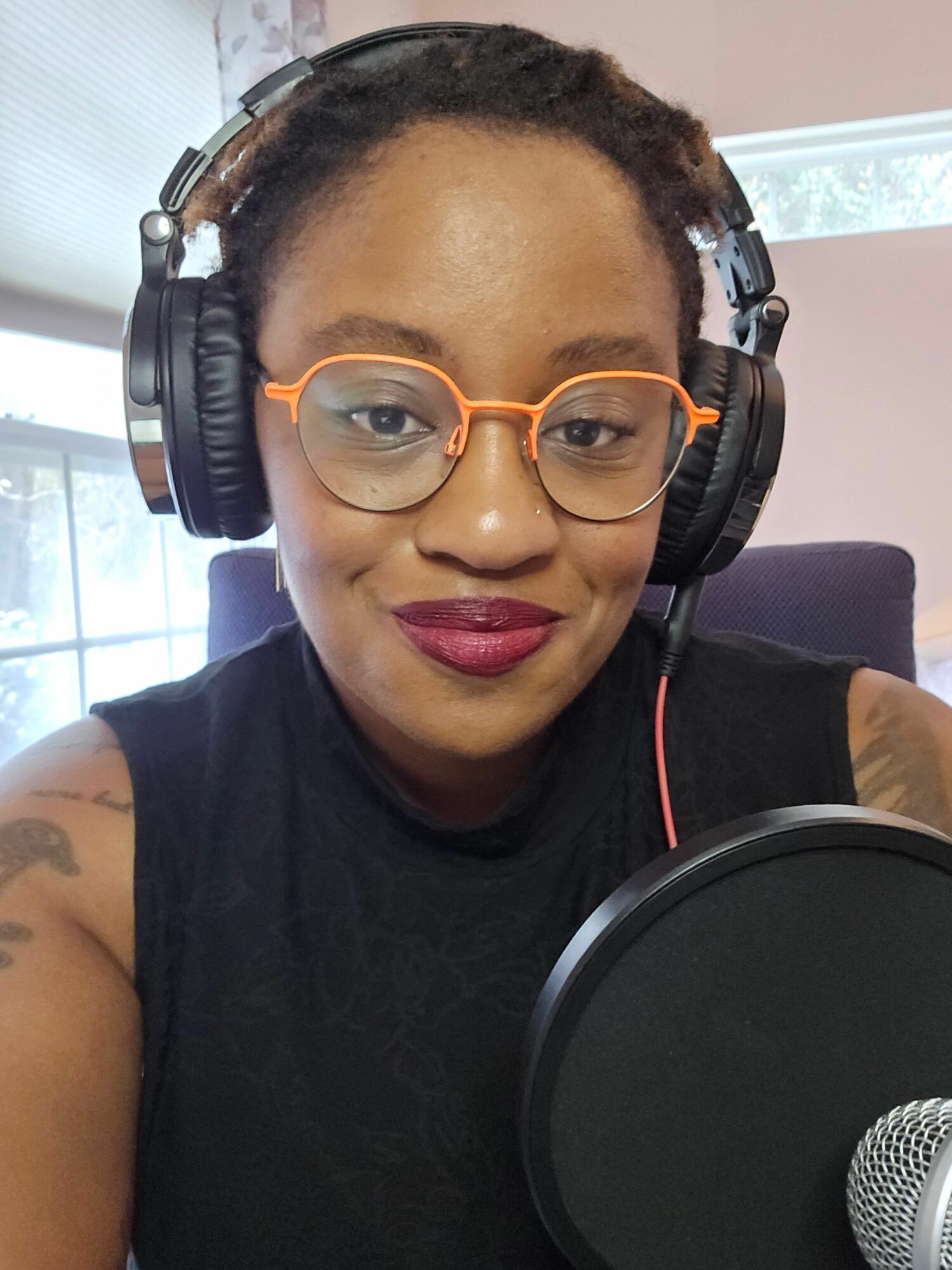

Today we’d like to introduce you to Whitney Knox Lee
Hi Whitney, can you start by introducing yourself? We’d love to learn more about how you got to where you are today?
I didn’t start exploring my Blackness until college. And once I started, I never stopped. I did the reverse migration, moving from Seattle, where I was raised, to Southwest Georgia. I knew that I wanted to be around Black folks. Not just working with Black folks…them as my clients, but living amongst Black folks, working with Black folks, dating Black folks. So I moved to Georgia where, immediately I noticed feeling unsafe due to my Blackness. Some of this was in my head, my own anxiety grappling with the fear I had learned to have about “The South.” But part of it was real. The confederate flags on the way to Thomasville, being called “girl,” and so on.
I had always been interested in racial justice. That’s why I got into lawyering. And while practicing law in Southwest Georgia, doing outreach to be available for low-income people needing free legal assistance, I had an encounter that changed my life.
A white man came to me and commented that “I was pretty for a colored girl.”
Long story short, this launched me into the questions of…”How are BIPOC protected from racism in the workplace?” And, “what support is there for me, a Black worker, experiencing racial aggression or micro aggression?”
My questions led to creating a Race Equity working group at my job, and fueled my interest in present day worker rights activism (aka “DEI.”) I learned from consultants and practitioners around me, read books, asked questions, and began to pay more attention to the experiences of Black and Brown folks at work. Eventually I was asked to join a consultancy as a contractor. I was tasked with going into workplaces and teaching on the history and presence of racism in the United States and it’s impact on workers of color. We taught on ideology like white supremacy and white dominant culture, the creation of whiteness in American jurisprudence, power and oppression, and equity versus equality, and more.
And we workshopped with company leaders and staff on how to make their workplace more equitable for all staff (not just Black staff).
But from some, we faced confused and puzzled faces. Folks, white folks, didn’t understand. And BIPOC folks couldn’t trust our usefulness or sincerity. More importantly, they couldn’t trust the sincerity of their white counterparts.
Impostrix Podcast was created to address the trust issue. I wanted to reach and relate to other working people of color without the background or image of being a tool of management to CYA or avoid lawsuits. Realizing that the type of relationship and trust I wanted to create, and with the people I wanted to build it with, needed to be accessible and unattached to any specific workplace, I decided to start a podcast.
Impostrix Podcast was created to validate professionals of color navigating imposter syndrome and racial toxicity within their careers. In creating the show, I had to acknowledge and come to terms with my reality that my Blackness left me feeling like an imposter in professional spaces. And through the show, I came to see that it wasn’t my Blackness that made me feel like an imposter, it is how others treat me BECAUSE OF my Blackness, that makes me experience feelings of being an imposter.
At any rate, I figured I wasn’t alone. Neither in the imposter experiences I was having, not in the myriad ways that racial toxicity can show up at work. Impostrix Podcast has taken me on a journey and is now enjoying its 4th season and celebrating two podcast honors: the Best Business Podcast of 2024 (Black Podcasting Awards) and the Best Society/Education Podcast of 2024 (Ear Worthy Independent Podcasting Awards).
I’m sure it wasn’t obstacle-free, but would you say the journey has been fairly smooth so far?
My journey has had lots of starts and stutters. Sometimes I was heading in the wrong direction. It’s these missteps that inform how I teach, how I advocate, and how I relate to others.
As far as podcasting, it’s a beast! When I set out with this project, I naively thought it would take off immediately. Who wouldn’t want to listen to me and my guests share their tools for finding success despite being treated like imposters and despite facing racial toxicity at work?
As you know though, podcasting is a very saturated market. A major challenge that I still face is having the courage, willingness, and energy to keep the show going. A lot of time, energy, and money goes into being an independent podcaster. It’s the guest conversations and offline conversations with listeners that validate this project and keep me going. The experiences, feelings, trauma, strength and successes that my guests and I discuss on the show are felt by so many. Normalizing what we are experiencing helps relieve the shame, guilt, and insecurity that is sometimes felt when dealing with these issues in isolation. Community heals.
Alright, so let’s switch gears a bit and talk business. What should we know about your work?
Impostrix Podcast compliments the ongoing consulting work that I do with organizational clients, and it’s also a great listen for those on a personal journey of healing and self discovery.
The show uses a guest interview format, but the conversations are just that, conversations. In each episode we discuss an issue and a solution. My guests and I draw on lessons learned from personal experiences and share from our professional roles as healers, advocates, artists, etc.
The show is actually a side hustle though! My primary role is as an attorney working with Black and Brown families and first-time estate planners to get their affairs in order. I launched Wills for the People in 2024 and I do wills and trusts for everyday folks wanting to secure their assets and preserve their legacy. I also provide free classes on wills and trusts to communities throughout Georgia. More on my law practice at https://www.willsforthepeoplega.com.
What sort of changes are you expecting over the next 5-10 years?
Podcasting isn’t going anywhere. If we listen to our current administration, DEI is the boogey man. Podcasting will continue to be a space to talk about the experiences of Black and Brown folks at work and beyond. Considering the persecution and blacklisting of anyone or any group attempting to create more equitable spaces in American society, podcasts are a great place for interested folks to continue their learning journey and to find community.
Impostrix Podcast is looking for sponsors and partnership collaborations to ensure that we can continue to be an outlet through the current political environment.
Contact Info:
- Website: https://www.impostrixpodcast.com
- Instagram: https://www.instagram.com/impostrixpodcast
- LinkedIn: https://www.linkedin.com/in/whitney-knox-lee
- Youtube: https://www.youtube.com/@impostrixpodcast
- Other: https://www.willsforthepeoplega.com
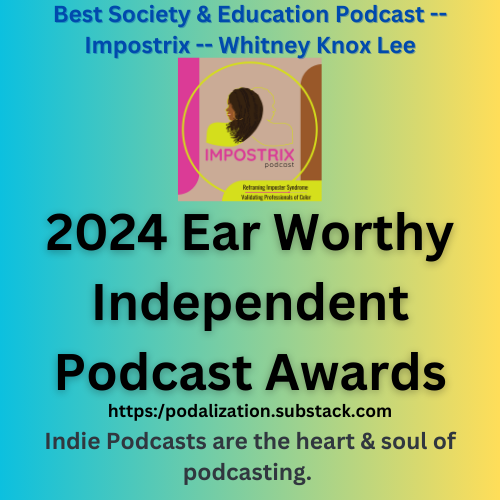
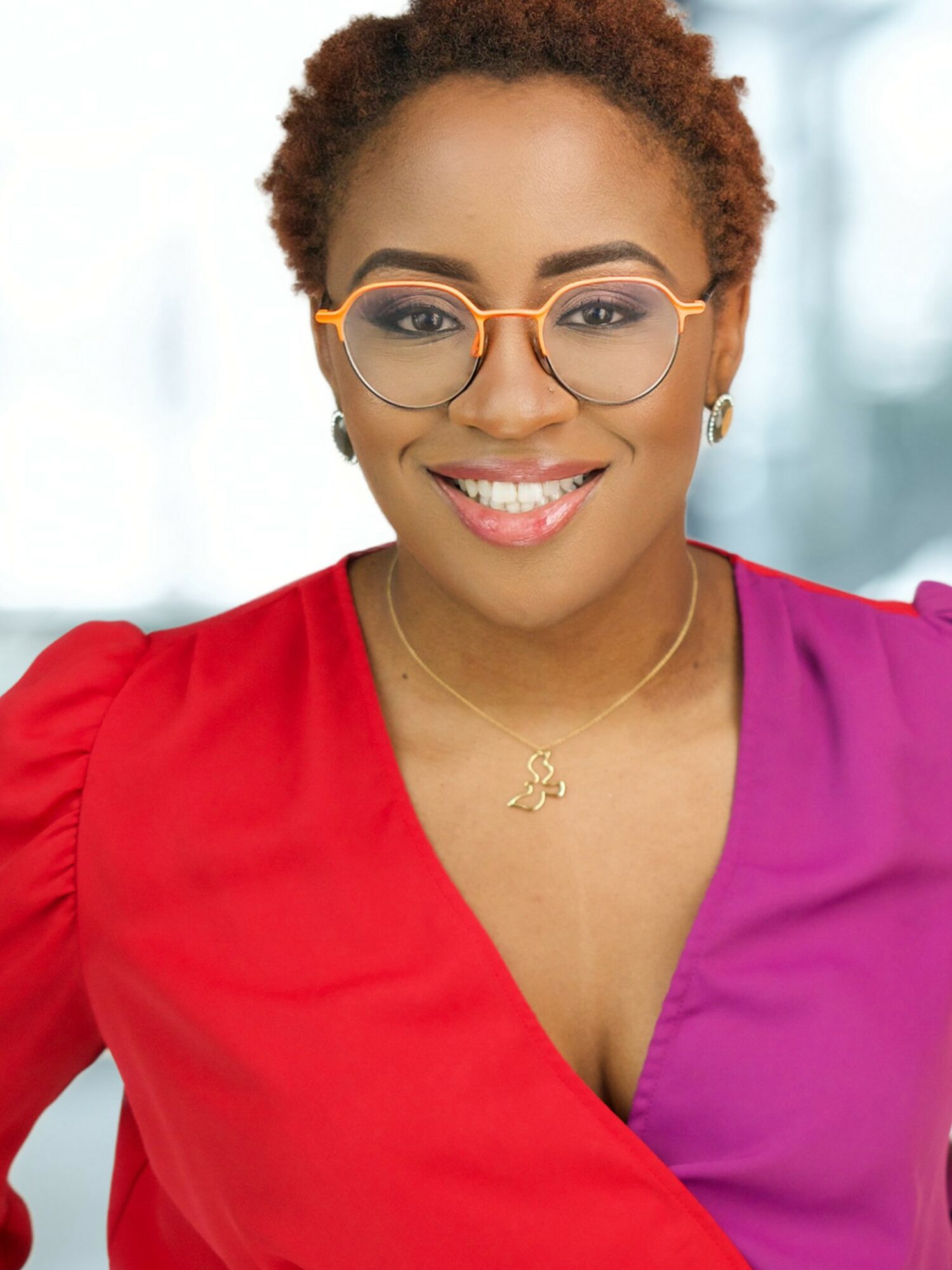
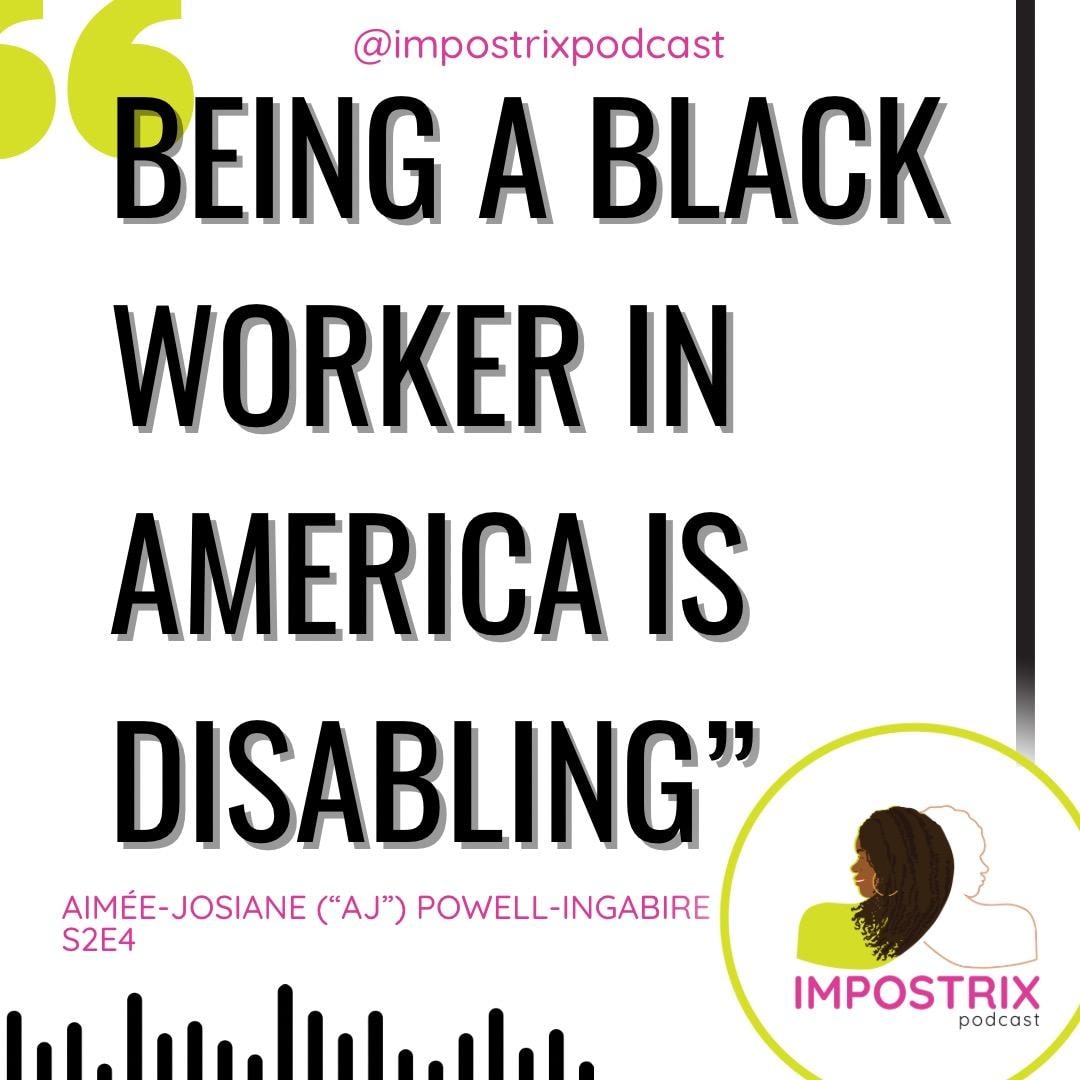
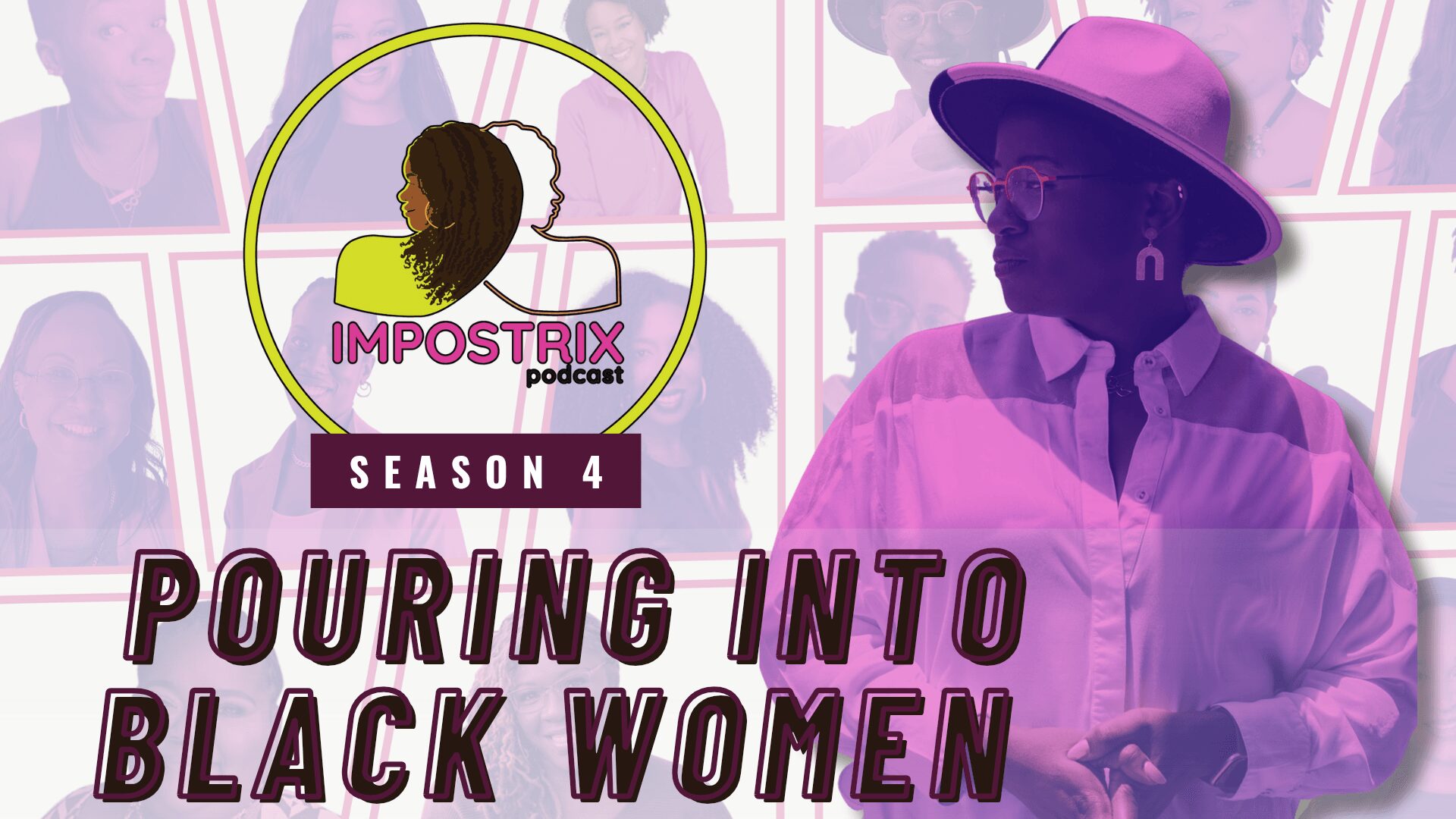
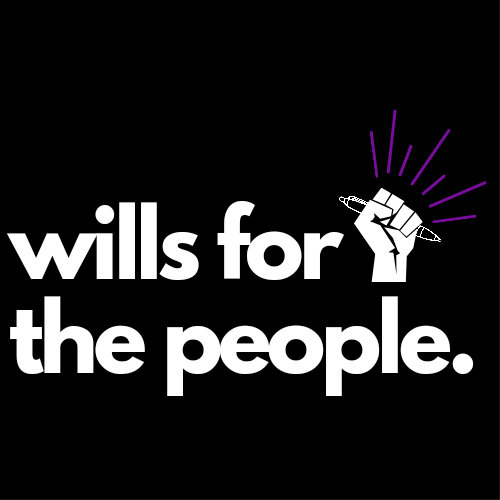
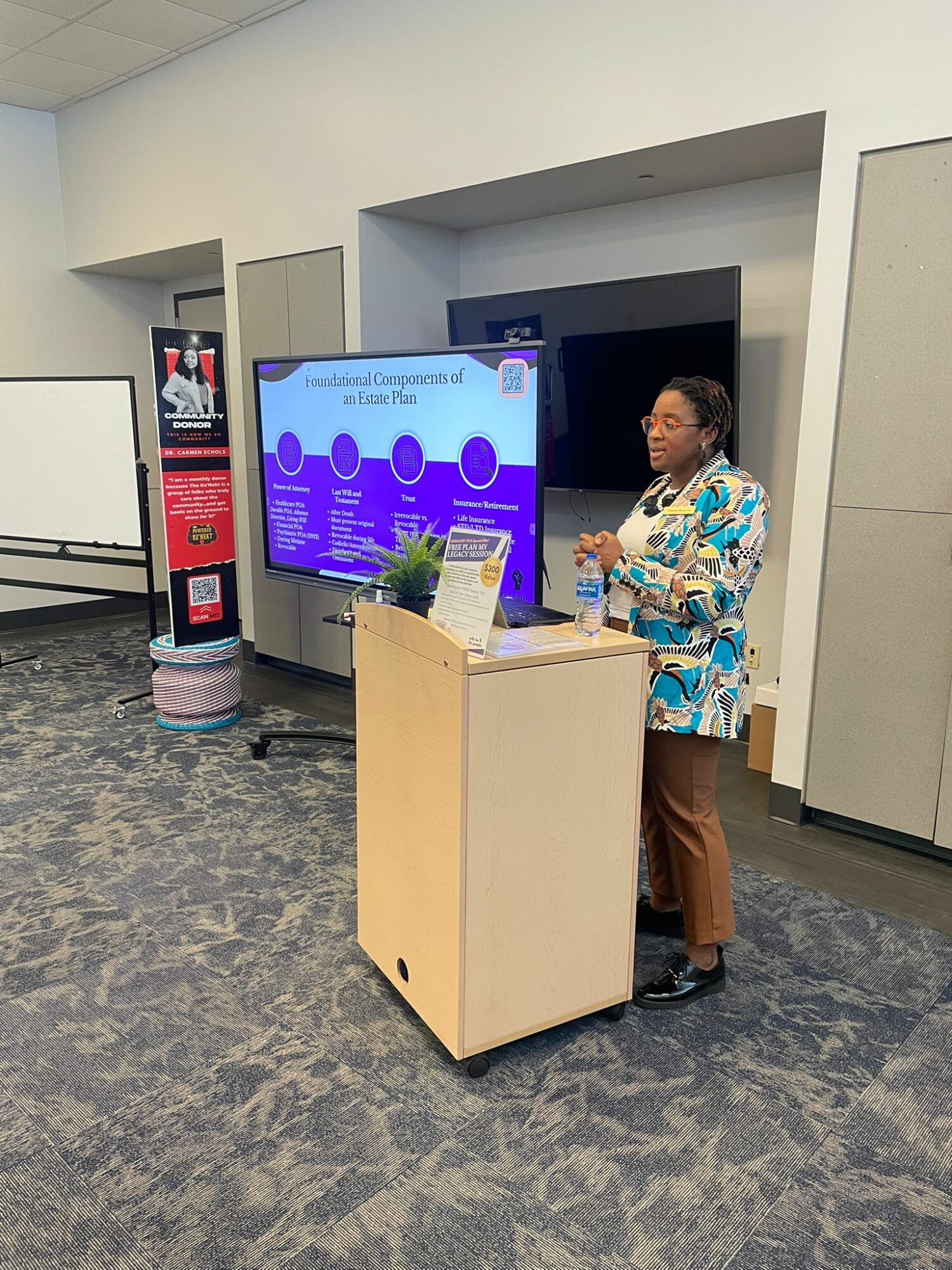
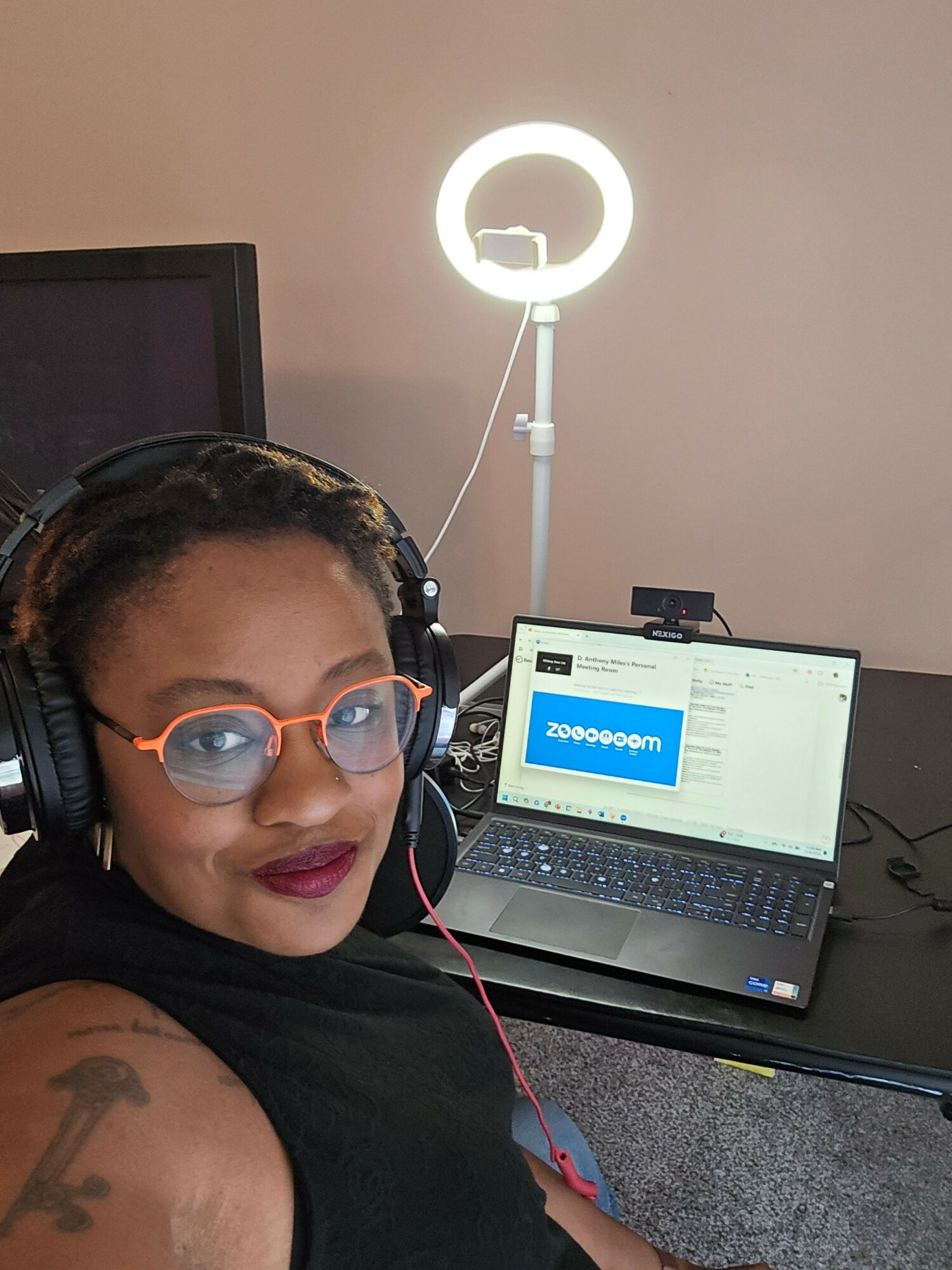
Image Credits
Headshot by BRANDPRENUER, Atlanta GA













